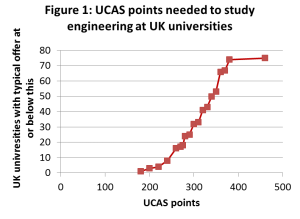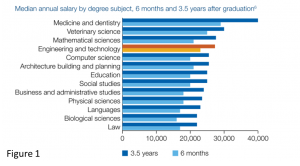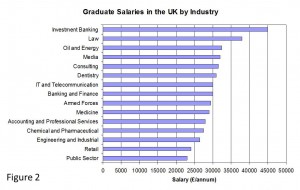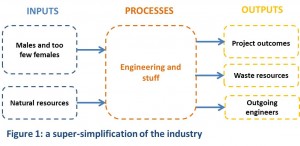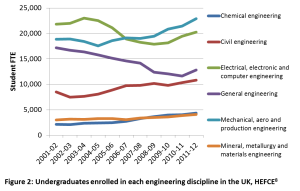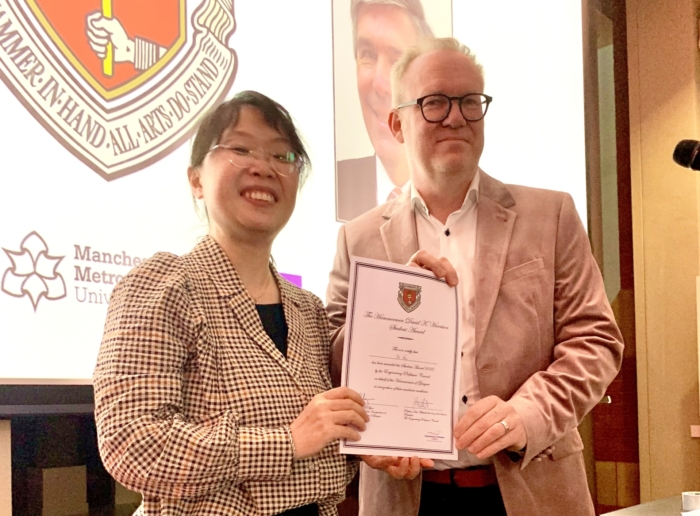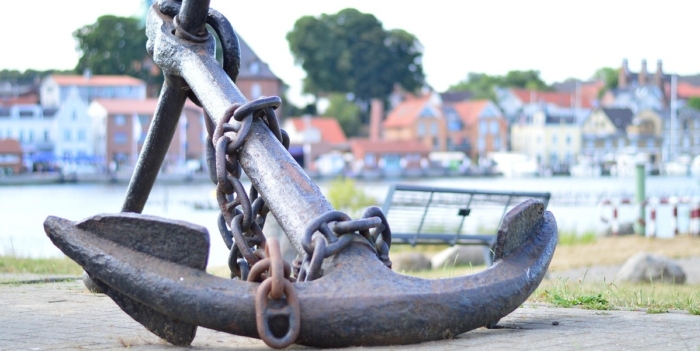The Engineering Professors’ Council Annual Congress took place at the University of Glasgow on 8th – 9th April 2014 with the theme: Engaging in Engineering.
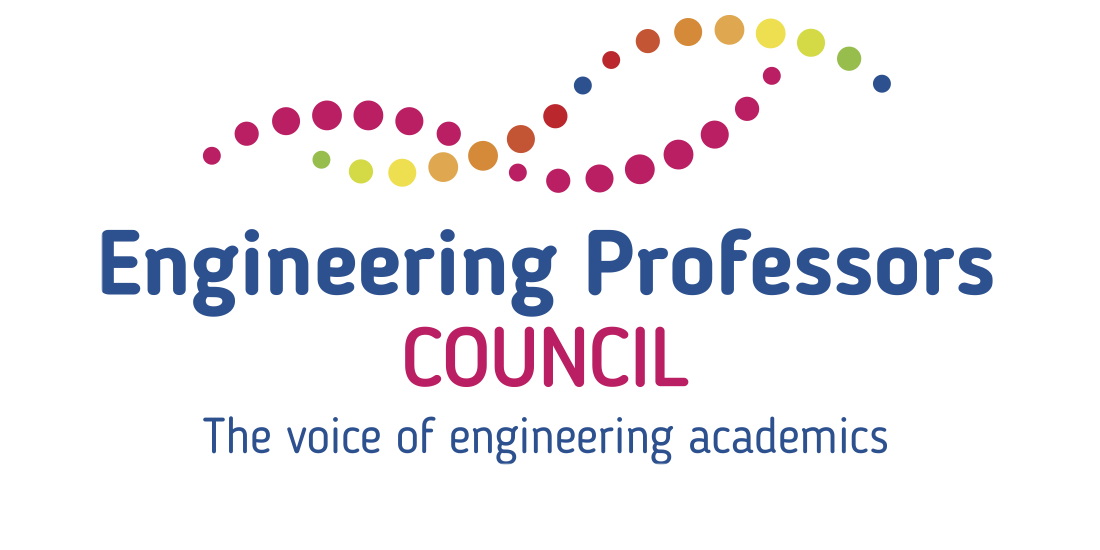
Engineering Professors’ Council Annual Congress 2014
The Distinguished Guest Lecture “Engineering for Growth” was delivered by Sir John Parker GBE FREng, who also received the President’s Prize* for services to engineering education, and this was followed by the Congress Dinner in the Senate Room in George Gilbert Scott’s magnificent university building. Jamie Gallagher, the University of Glasgow’s Science Outreach Officer treated us to a lively and inspiring after-dinner speech.
Congress also incorporated the final of our public engagement grant award competition, Engaging in Engineering. The four short-listed candidates were invited to pitch their proposals to delegates, who then voted for up to two winners. We were delighted to be able to announce that the proposals from the Universities of Sheffield and the West of England were successful, with delegates voting to fund their proposals.
We were also joined by the winner and two runners-up from our 20th Anniversary student essay prize competition. Our winner, Laura Pickard of the University of Bristol, did a great job of responding to Professor John Perkins’ keynote speech and the runners-up, Julia Attwood (University of Cambridge) and Eleanor Earl, Cardiff University, joined her, and Professor Perkins, in responding to questions from delegates.
* The Engineering Professor’s Council awards its President’s Prize biennially to an individual, who, in the opinion of the Committee, has provided sustained and excellent services to engineering education over the course of a distinguished career.
Please see the detailed schedule for this event, below.
Tuesday 8h April
Session 1
Session 2
Session 3
Wednesday 9h April
Session 4
Session 5
Session 6

In addition to his research portfolio, Robin holds or has recently held advisory positions on several national career-related programmes, including Futuretrack, the ‘National STEM Careers and Choices’ programme and projects at the Institute of Education. He is also a member of the national Careers Innovation Group.
Prior to joining CRAC, after enjoying the independence and travel of a PhD in geology, Robin worked in scientific publishing. In a career of 15 years he worked for a number of companies in editorial and publishing roles, and was Director of Publishing at the IEE (Institution of Electrical Engineers, now the IET), a large international technical publisher.
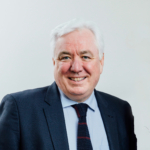
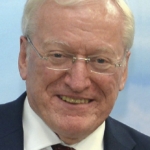
Professor Perkins’ distinguished academic career includes service as Vice President and Dean of the Faculty of Engineering and Physical Sciences, The University of Manchester (2004-9); Principal, Faculty of Engineering, Imperial College London (2001-4) and ICI Australia Professor of Process Systems Engineering, University of Sydney (1985-88), as well as a period at the beginning of his academic career at the University of Cambridge (1973-7). He has served as President of the Institution of Chemical Engineers (2000-1) and as Vice President of the Royal Academy of Engineering (2007-10). Professor Perkins is currently an Honorary Professor at Manchester University, Visiting Professor at Imperial College London and a member of the EPSRC Council.
He published his Review of Engineering Skills in November 2013 and will be our keynote speaker at Congress 2014.
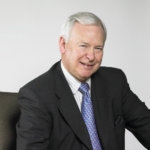
Sir John Parker has chaired five FTSE100 companies, including National Grid, from which he stepped down in December 2011, and is currently Chairman of the mining conglomerate Anglo American. He is Vice Chairman of DP World (Dubai) and a Non-Executive Director of Carnival Corporation and EADS (AIRBUS).
Sir John is a passionate advocate of harnessing the benefits of economic growth to improve quality of life, address society’s challenges, strengthen social cohesion and, critically, to provide the education and training that give young people real opportunity.
Born into a farming family in Northern Ireland. he studied Naval Architecture and Mechanical Engineering at the College of Technology and Queens University, Belfast and joined the ship design team at Harland & Wolff where he progressed into senior management positions.
He was appointed Managing Director of shipbuilders Austin & Pickersgill in Sunderland in 1974 and, following the nationalisation of the shipbuilding industry, he joined the Board of the British Shipbuilders Corporation, later becoming Deputy Chief Executive. He returned to Harland & Wolff in the early 1980s as Chairman and Chief Executive to lead a turnaround in the yard’s fortunes and transfer it into the private Sector.
Sir John joined Babcock International plc as CEO in 1993 – later becoming Chairman as well – and again transformed the company. In 1997, he became a Non-executive Director of British Gas which led to his becoming Chairman of the Lattice Group on its demerger from BG Group in 2000. Lattice merged with National Grid in 2002 and Sir John became Chairman of the combined company, National Grid Transco.
He has also held a host of non-executive directorships, including the Industrial Development Board of Northern Ireland, British Coal Corporation, GKN, BG and Brambles Industries.
Elected to The Royal Academy of Engineering as one of its youngest Fellows in 1983, Sir John is also an Elder Brother of Trinity House (2010), a Visiting Fellow of University of Oxford, a member of the General Committee of Lloyds Register of Shipping, Vice President of The Royal Navy and Marines Charity and a governor of the Royal National Lifeboat Institution. He is a recipient of honorary doctorates from a number of universities in the UK and Ireland. He has been President of the Royal Institution of Naval Architects, Prime Warden of the Worshipful Company of Shipwrights, an Honorary Freeman of the Worshipful Company of Fuellers and the Tallow Chandlers Livery Company and President of the Smeatonian Society of Civil Engineers.
He led National Grid’s Young Offenders into Work programme. He has served government on the Prime Minister’s Business Council for Britain, the Defence Academy Advisory Board, the Asia Task Force and was Deputy Chairman of the White Ensign Association.
He will deliver the Distinguished Lecture at Congress 2014.
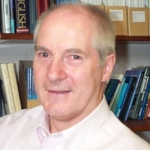
Peter will be chairing the final of the Engaging in Engineering grant award scheme at Congress 2014.
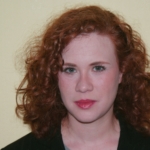
Her background is in physics, most recently an MPhil in gravitational wave astrophysics, which, while a very interesting area, led her to decide to pursue a more practical career. Her EngD research will be centred around monitoring- and hopefully improving- the cure process of composite materials as well as setting up a new research capability at the NCC. Laura has worked in fluid dynamics, materials science and electromagnetism at Dstl and thanks them for sponsoring her MSci in physics and astronomy.
Laura has worked with student societies on a national and international level, through the Institute of Physics and International Association of Physics Students, including a term as President of the student branch of IoP and as Vice President of IAPS. These positions gave her a chance to travel to many interesting places, run scientific visits and conferences, work with people from a variety of cultures- including mediating some heated debates- and represent physics students at industrial, academic and political meetings.
Public outreach is important to Laura, who has lectured and led experiments at schools, adult education centres and events for the general public, using hands on demonstrations as much as possible. Laura hopes to pursue a career which will make good use of her scientific background and management skills and sees the EngD as a step in the right direction. She has retired from Taekwondo instruction in favour of Argentine Tango and is a solo glider pilot. She enjoys baking and has been known to make ice cream with liquid nitrogen.

Julia graduated in 2011 with a BA MEng (Hons) in Mechanical Engineering from the University of Cambridge. During her undergraduate degree, she took up several internships at Granta Design, writing and recording tutorials for their materials education software, CES Edupack. She also worked with Professor Mike Ashby to develop the first edition of the Energy and Low Carbon Power database.
Julia then began work on a PhD, also at the University of Cambridge, researching the ballistic resistance of high molecular weight polymer composites. She also supervises first and second year undergraduates, providing supplementary teaching of the materials courses, as well as offering one on one writing tuition through her college. In her spare time, Julia is a keen rower, and has held various positions on college committees, including Captain of the First and Third Trinity Boat Club, and Secretary of the BA Society (Trinity graduate student society).
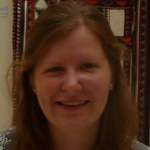
Originally from Sussex, Eleanor is in her fourth and final year studying Civil and Environmental Engineering at Cardiff University. This autumn she shall start working for Arup as a Graduate Civil Engineer within the Infrastructure Team. Since starting university, she has been an active member of Engineers Without Borders UK (EWB-UK).
Over the last four years, Eleanor has been involved with her local Student Branch and Professional Network in Cardiff, as well as working with the National Executive of the charity. She regularly takes part in outreach activities both as part of EWB-UK and as a STEM Ambassador, getting young people involved in engineering. In her spare time, Eleanor enjoys travelling. Most recently she visited Jamaica on an IAESTE placement, to work for a small engineering consultancy in the lively capital Kingston. She also enjoys sports and being outdoors, playing squash regularly at university and visiting the hills of South Wales and the South Downs whenever possible.
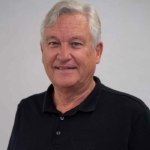
Mike has been on Quality Assurance Agency (QAA) teams for Subject Review, Higher Education Review, Quality Review Visits and Quality and Standards Review for a wide range of Universities, further education colleges and alternative providers. He is a Governor at Northern College for Adult Education, Barnsley, and chairs its Curiculum and Quality Committee.
Mike is a Fellow of the Institute of Materials, Minerals and Mining and is also an active member and on the Board of the UK Engineering Professors’ Council, being also a member of its Recruitment and Admissions sub-committee. Mike worked nationally as an Associate Director of the Materials Subject Centre from 2003 to 2012 at the University of Liverpool. Mike is also a National Teaching Fellow and a Principal Fellow of the Higher Education Academy.
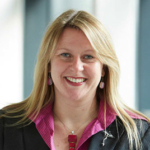

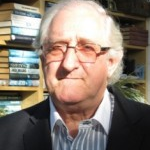
To mark its 20th year (in its current incarnation), the Engineering Professors’ Council decided to inaugurate a new student award.
We were delighted to be supported by the Incorporation of Hammermen of Glasgow in this endeavour and by the response we received.
Our first three winners were announced at Congress 2014 and you can read their essays (along with those which the judges wished to acknowledge as highly commended) here. The topic of the 2014 competition arose as a result of the Government’s focus on how engineering with contribute to the UK’s Industrial Strategy and future economic well-being.
We invited students, both undergraduate and postgraduate, the opportunity to submit an essay on the following topic:
How does engineering contribute to the UK economy and how can that contribution be increased? Is there a role for UK engineering in higher education in making this happen?
The overall winner, Laura Pickard, an EngD candidate from the University of Bristol, received £1,000 and delivered an excellent presentation at Congress based on her work in response to Professor John Perkins’ keynote speech on Engineering Skills in the UK. The two runners-up, Julia Attwood, a PhD candidate from the University of Cambridge and Eleanor Earl, an MEng candidate from Cardiff University each received £500 and joined Laura and Professor Perkins in a panel session during which they fielded questions from Congress delegates.
Please expand the sections below to view the essays from our finalists:

